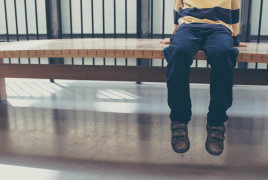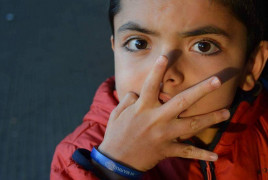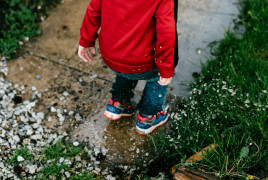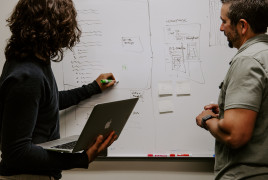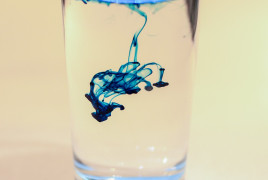Safe motherhood in rare disease
" Duchenne muscular dystrophy is a genetic disorder characterized by the progressive loss of muscle . Duchenne is caused by a mutation in the gene that encodes for dystrophin , a protein that isIntrinsic motivation with a pinch of salt: the conceptualization of badges in Share4Rare
If you have ever attended a talk on the topic of gamification, you will have noticed that a concept is on everyone’s lips: motivation. And rightly so: it is one of the cornerstones to understandingMarkel’s story: the uncertainty of living without a diagnosis
Markel lives with his parents, María and Vicen, and his older sister Carlota in Urnieta, a small town near San Sebastián, Basque Country (Spain). He will become 13 in August, but he looks much youngerShare4Rare: a unique community of patients that you would never have imagined
One of the greatest challenges that rare disease patients and families have to face is the feeling of loneliness. This emotion is present during the diagnostic process — which may last for years — andRareHacks: open registration!
The access of rare disease families to quality, curated information about a particular disease is difficult due to many factors, including data gathering, curation, quality or unbiased interpretationWhat causes myotonic dystrophy type 1?
Myotonic dystrophies are genetic disorders. They are systemic conditions, meaning they affect many systems in the body, not only the muscles. The genetic alteration that causes myotonic dystrophy isWhy using Drupal strengthens one of the main goals of the Share4Rare platform: Empowerment
For those of you unlucky enough not to know what Drupal is, let us introduce it. Drupal is an open-source system for content management which has a worldwide community with over 500,000 (very active)How to detect and tackle pseudoscience
Why do we tend to believe pseudoscience? We are at a time where many people are mistrustful of experts: in climate change, in politics, and to a certain degree in health care. Due to an expandingShare4Rare toolkit for rare advocacy
What is in it This practical kit shares best practices and tools that advocates have used to support innovation and offers practical advice on how to make a difference for rare disease patients. With
